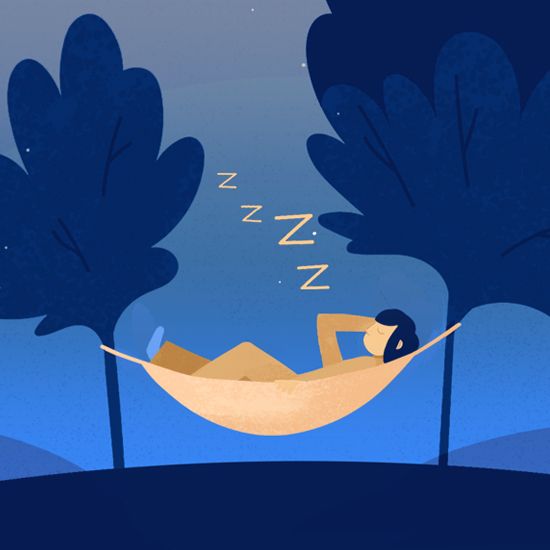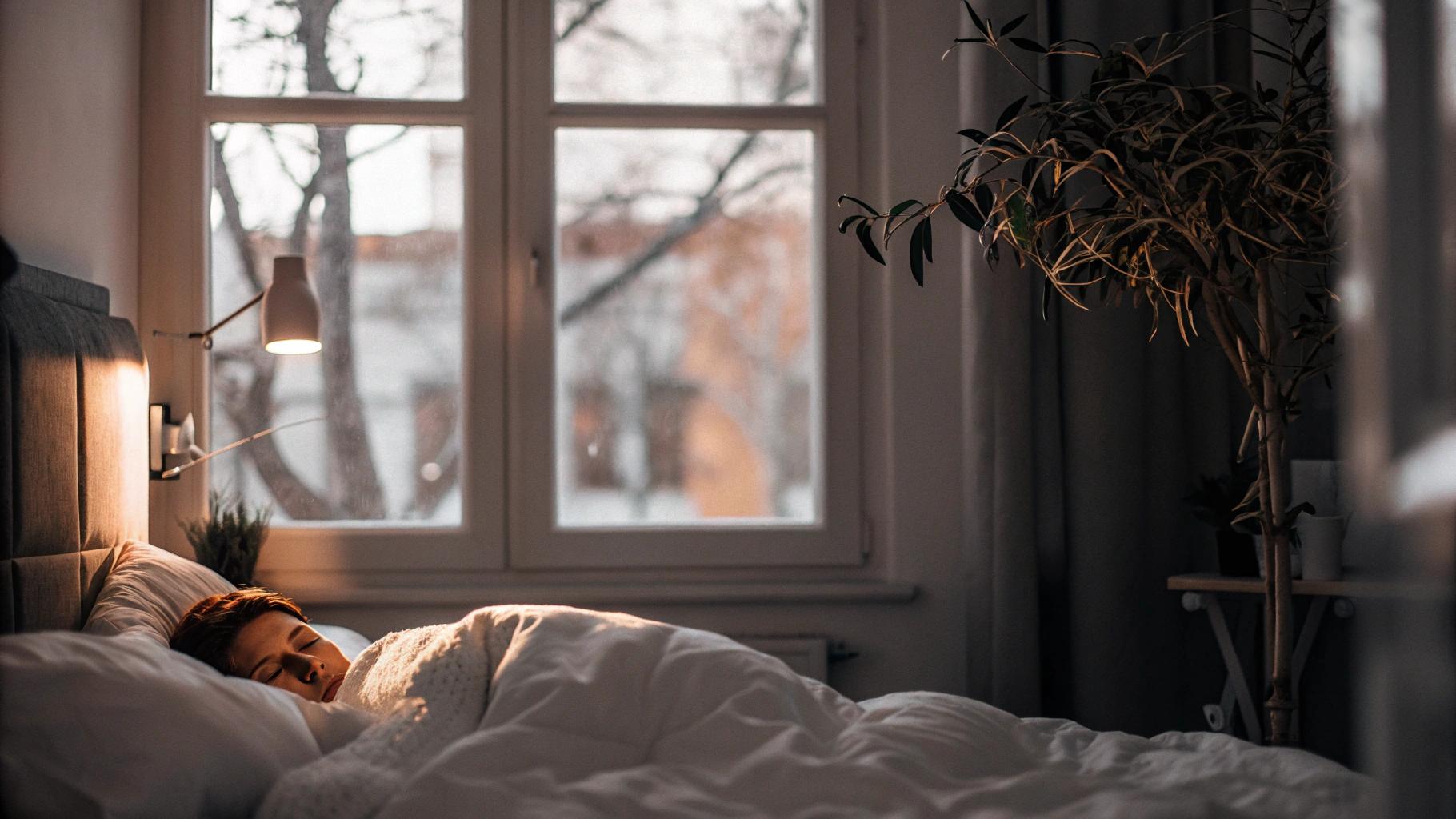
Tips to Help Your Kids Sleep Better
Most discussions of insomnia and lack of sleep revolve around adults but kids can also suffer from these issues. Several factors can cause children to miss out on sleep and the impacts could be serious. As a parent, you can do a few things to help your child get higher quality sleep.
What Can Affect a Child’s Sleep?
According to a study presented at The American Academy of Pediatrics National Conference in 2019, about half of children between the ages of 6-17 don’t get the recommended nine hours of sleep per night. Researchers and sleep experts have identified several factors that can interfere with kid's sleep:
- Early start times for school
- Screen time and social media
- Stress
- Nightmares
- Caffeine
- Medications for issues like depression and ADHD
- Medical conditions and sleep disorders
Adults tend to downplay stress in their kids but it’s a real problem that can disrupt their sleep. Children may feel stress from pressure to do well in school, too many after-school activities , bullying or issues at home.
How a Lack of Sleep Impacts Children
Poor sleep and a lack of it have serious health implications for everyone. Children are vulnerable in many ways. Inadequate sleep can cause or contribute to several problems:
- A weakened immune system
- Poor academic performance
- Impaired decision-making
- A shortened attention span
- Impaired memory
- Increased behavioural problems
- A greater risk of obesity, high blood pressure, heart disease and diabetes
Perhaps most immediately troubling, research shows that children and teens who get too little sleep have anincreased risk of self-harm and suicide. Studies have found that this risk is significant for teens who get less than six hours of sleep per night.
How You Can Help Your Kids Sleep Better
If your child is having issues with their sleep, give these tips a try.
- Schedule sleep times. Make sleep a priority in your family’s daily schedule. Set specific and firm times for going to bed, lights out and for waking up in the morning. It’s easier for both children and adults to fall asleep and be well-rested when they have a daily routine.
- Put limits on screen time. The light from an electronic device’s screen can disrupt sleep and online activities themselves are also harmful. Using social media triggers neurotransmitters in the brain that are responsible for alertness. Be especially strict about screen time a couple of hours before bed.
- Create a bedtime routine. Your child can’t be expected to go from playing video games or running around outside to sleeping within minutes. Start a bedtime routine that begins an hour in advance. Focus on winding down and relaxing.
- Try meditation or sleep stories. Use the meditations and bedtime stories on BetterSleep that have been specifically designed for children. They'll help your kids calm down, focus less on stressful daytime events and their worries, ease into restful sleep faster, and wake up refreshed. Try our Sweet Dreams, Yoga Nidra and Magical Place meditations for children.
If you’ve tried strategies like these to help your child sleep better without success, see your paediatrician. They can diagnose sleep conditions or medical problems causing insomnia and can also provide other tips for getting better sleep. With the right support and game plan, your child’s nights of counting sheep can be a thing of the past.






















